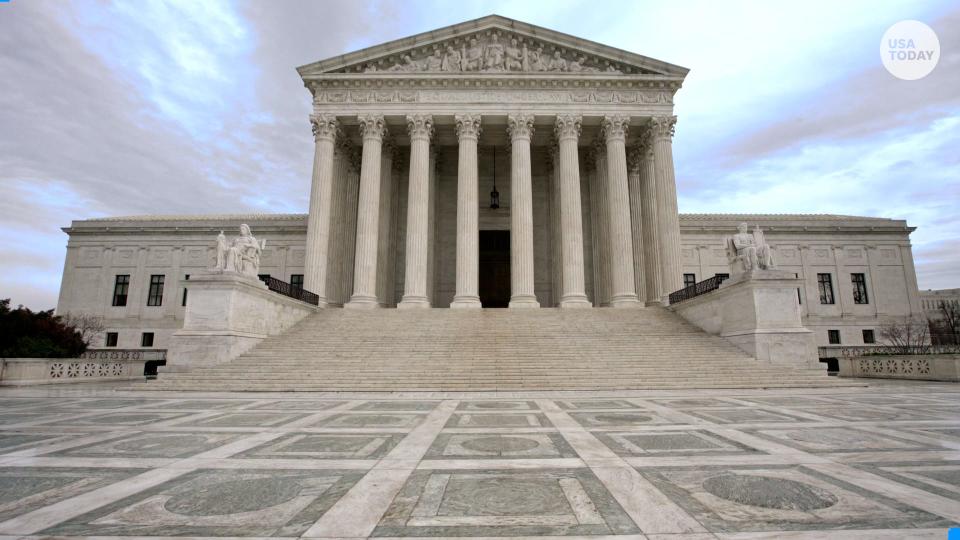Guest columnist: Roe, Dobbs cases reflect ongoing dispute on states' rights
Dobbs v. Jackson Women's Health Organization reversed Roe v. Wade. Dobbs was issued June 24, 49 years after Roe, which was revisited by Planned Parenthood v. Casey in 1993. Throughout those nearly 50 years, the dispute over abortion rights never ceased. Roe established a woman’s right to abortion as a federal constitutional right; Dobbs disassembled Roe in its entirety, and reestablished the individual states as having the authority to govern the health and welfare of their residents, which included the practice of abortion in those states. In my opinion, Dobbs will significantly impact the public debate concerning abortion, but will not change existing constitutional law and jurisprudence.

In many ways, the jurisprudential debate between Roe and Dobbs reflects the long-standing dispute between Federalism and states' rights, a discussion that goes back to the original founding of the United States. The brilliance of the Constitution is in the balance struck between the power of the states to govern their residents and the power of the three branches of the federal government to rein-in any excesses of behavior in the states.
Constitutional law limits the powers of both the states and federal government, and further allows for differing opinions of the residents of the states to be expressed in the laws that govern them. Freedom of assembly and freedom of speech further encourages lawful dissent. There are many historical examples of powerful nations that imploded due to the lack of such internal political flexibility. But for a large nation to function well, there must also be a common national and local consensus, a uniformity of opinion, concerning the safety and economic freedoms of ordinary citizens, such that daily living has meaning and satisfaction.
The laws of the states and federal constitutional law should be the consensus reflection of the minimum order necessary to guarantee ordinary freedoms. The well-known former Chief Justice Oliver Wendell Holmes believed that the purpose of the law was to tell the “bad man” what he could not do. Law is meant to govern base behavior and should not be aspirational, nor should it control the best behavior.
Abortion is a moral and ethical act, deeply debated and deeply felt. It is not merely a personal choice, even though it profoundly affects personal “destiny.” However, to decide that one behavior is absolutely “right” and another absolutely “wrong” concerning abortion is to decide more than human logic is capable of. Abortion is not an act subject to being reduced to the simplicity of placards or sound bites. I have strong feelings about the practice of abortion, as my friends will attest. I believe Dobbs was correctly decided, from an academic and jurisprudential view. Maybe tomorrow, that will change, maybe not. The American poet Robert Frost wrote:
For Dear me, why abandon a belief
Merely because it ceases to be true,
Cling to it long enough, and not a doubt
It will turn true again, for so it goes,
Most of the change we think we see in life
Is due to truths being in and out of favor.
— "The Black Cottage, in Selected Poems 113 (1992)"
Dobbswill not bring consensus, but it can bring constructive dissonance.
Curtis E. Harris is an endocrinologist in Ada, Oklahoma.
This article originally appeared on Oklahoman: Opinion: Roe, Dobbs cases reflect ongoing dispute on states' rights

